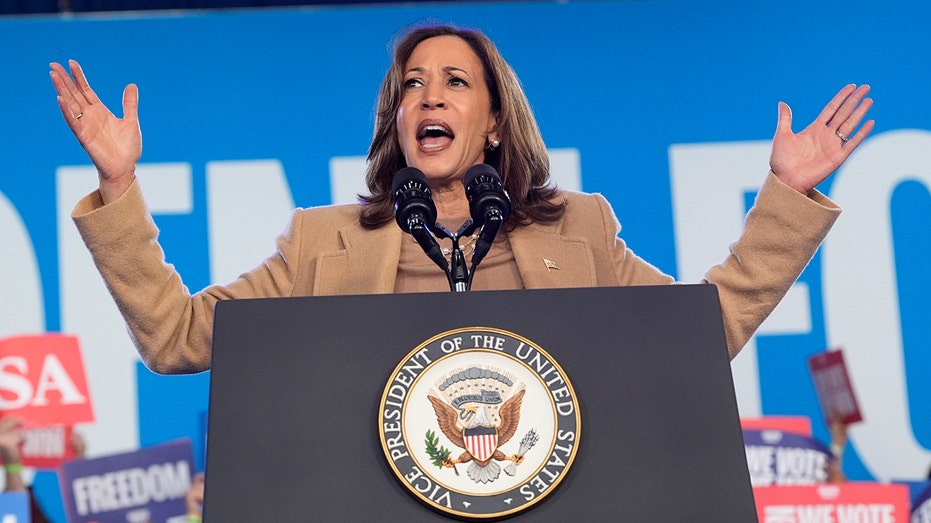Kamala Harris, the former Vice President, has made a pivotal decision, opting out of the 2026 California gubernatorial race, a move that significantly reconfigures her political trajectory and potentially paves the way for a 2028 presidential election campaign. This strategic announcement, closing one immediate political door, conspicuously leaves another wide open for a return to the national stage.
In her official statement regarding her decision, Harris articulated that, “For now, my leadership — and public service — will not be in elected office.” However, this declaration was swiftly followed by a pledge to maintain an active role in US politics, signaling her enduring commitment to the political landscape beyond immediate electoral contests.
After concluding her tenure as Vice President following the 2024 election, Harris returned to her home state of California. There, she engaged in close consultations with a trusted inner circle, meticulously weighing her next steps and the implications of a run for California governor, a highly prominent state-level office.
Political analysts widely speculated that a rigorous gubernatorial campaign and subsequent term in California’s top office, governing the nation’s most populous state and a global economic powerhouse, would likely consume her political bandwidth and effectively preclude a viable White House race in 2028, making her recent decision strategically significant.
Should Kamala Harris indeed launch a 2028 presidential campaign, she would emerge as perhaps the most recognizable figure within what is anticipated to be a crowded field of Democratic contenders. Her previous national campaigns have also endowed her with a formidable fundraising network, offering a distinct advantage as she navigates the complexities of a future presidential primary.
A Democratic strategist, experienced in multiple White House campaigns, commented on Harris’s potential, noting, “She would certainly be a very serious candidate in the primary in 2028, if she runs.” The strategist further suggested that Harris was placed in a challenging position in 2024 and warrants an opportunity to run a campaign on her own terms, free from past limitations.
Despite her advantages, Harris could potentially face scrutiny over political baggage from the 2024 campaign, a period when the Democratic Party experienced significant losses, including the White House and their Senate majority, while also failing to regain control of the House. This outcome has spurred many Democrats to seek a clear break from the past, aiming for a comprehensive political reset.
While Harris has been deliberating her electoral future, other potential 2028 Democratic presidential hopefuls have already begun to make preliminary moves, actively seeking to differentiate themselves from the previous administration and its electoral setbacks. Harris, however, remains resolute in her commitment to the broader political fight, even if not immediately in elected office.
As noted by former Democratic National Committee chair Donna Brazile, modern vice presidents rarely fade into obscurity, instead continuing their public life through various avenues such as academia, public speaking, advisory roles, personal advocacy, or writing. Harris’s current path aligns with this trend, leaving numerous possibilities open for her future contributions to public service and the broader US politics landscape.




Leave a Reply